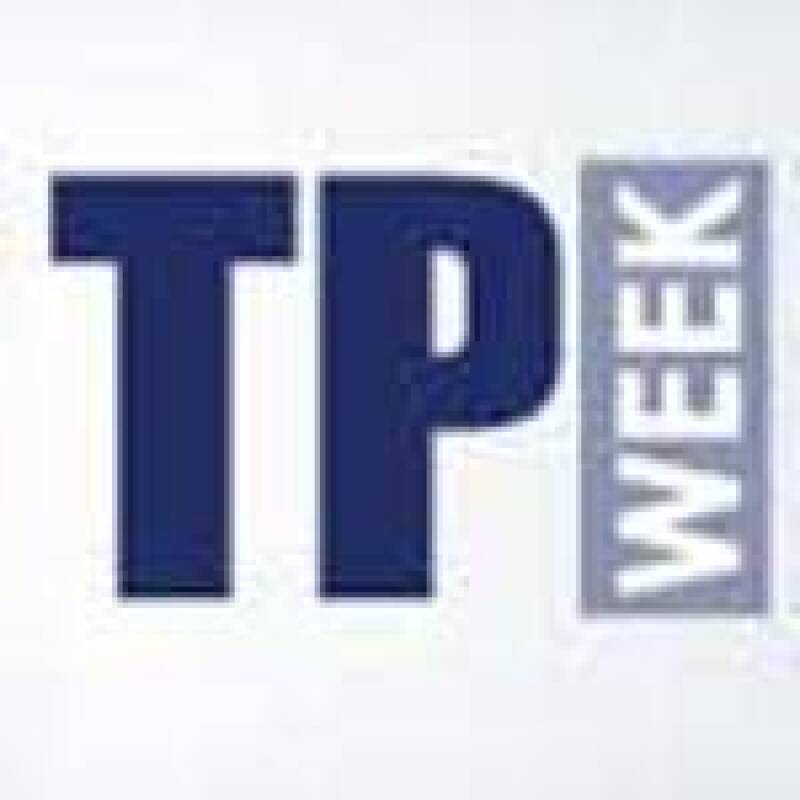
Transfer pricing professionals and observers have been voting for the organisations, transfer pricing cases or individuals they think are the leading forces in global transfer pricing, with influence over the direction policy will take.
To make your opinion count vote here.
The winners will be announced on Thursday 29 March. Thanks to the hundreds of professionals that have voted so far.
The nominees are:
| ActionAid For its report on drinks company, SAB Miller - Calling Time: Why SABMiller should stop dodging taxes in Africa. The report has led to investigations by South Africa, Ghana, Tanzania, Zambia and Mauritius and may lead to future audits. Since the report, Ghana has implemented its own transfer pricing regime. |
| African Tax Administration Forum (ATAF) For its commitment to helping African nations implement efficient transfer pricing regimes. The forum holds events and seminars aimed at building relations and communication between African nations; with developed countries; and organisations such as the UN and the OECD. |
| EU Joint Transfer Pricing Forum (JTPF) For its work on low-value-adding intra-group services and the report on potential approaches to non-EU triangular cases. |
| GlaxoSmithKline (Canada) For its ground-breaking case which will be decided by the Supreme Court of Canada later this year. The case will decide on whether the ALP or reasonable business purpose prevails under Canadian transfer pricing rules. |
| HM Revenue & Customs For its survey into the practicality of global transfer pricing guidelines, which aims to offer day-to-day practical guidance for taxpayers and administrations and enhance the global understanding of transfer pricing. |
| Pranab Mukherjee (Indian Minister of Finance) For his decision to enact an advance pricing agreement (APA) programme in India. The programme should allow the vast number of multinational taxpayers investing in and out of India to secure some level of certainty in a country renowned for its transfer pricing disputes and high number of audits. |
| US President Barack Obama and Senator David Camp For their competing proposals on US tax reform, which include approaches to offshore transfers of intangible assets and taxing excess returns from transfers of intangibles to low-taxed affiliates. |
| PwC For its transfer pricing report on developing countries. The study, commissioned by the European Commission, aims to present recommendations on suitable approaches for supporting developing countries in the adoption and implementation of transfer pricing rules in order to enhance domestic resource mobilisation, in-line with the principles of good governance in the tax area. |
| Sam Maruca, the IRS's transfer pricing director For his efforts in combining the advance pricing agreement (APA) and Competent Authority programmes in the US. |
| SNF (Australia) For the taxpayer's ability to influence a change in law by the Australian Tax Office (ATO). In a Full Federal Court decision the taxpayer secured a victory in a case concerning comparables and the application of methods. In response the ATO released a consultation paper aimed at bringing its transfer pricing regulations more in-line with international best practice. |
| Taskforce on Financial Integrity and Economic Development For its work to curtail the mispricing in trade imports and exports and its promotion of: country-by-country accounting of sales, profits, and taxes paid by multinational corporations; beneficial ownership in all banking and securities accounts; automatic cross-border exchange of tax information; and harmonisation of predicate offences under anti-money laundering laws. |
| The OECD For its Working Party No 6 project on the transfer pricing aspects of intangibles, which aims to provide clearer guidelines on the definition of intangible assets. |
| The UN For its development of a manual to apply the OECD's Transfer Pricing Guidelines for Multinational Enterprises and Tax Administrations to developing countries. The manual aims to simplify the guidelines and make them easier to apply to developing tax administrations. |
| Zimmer (France) For its role in a French case about the treatment of permanent establishment. |









